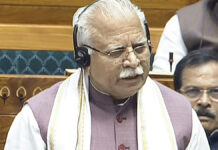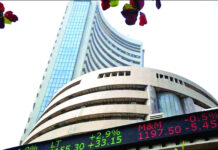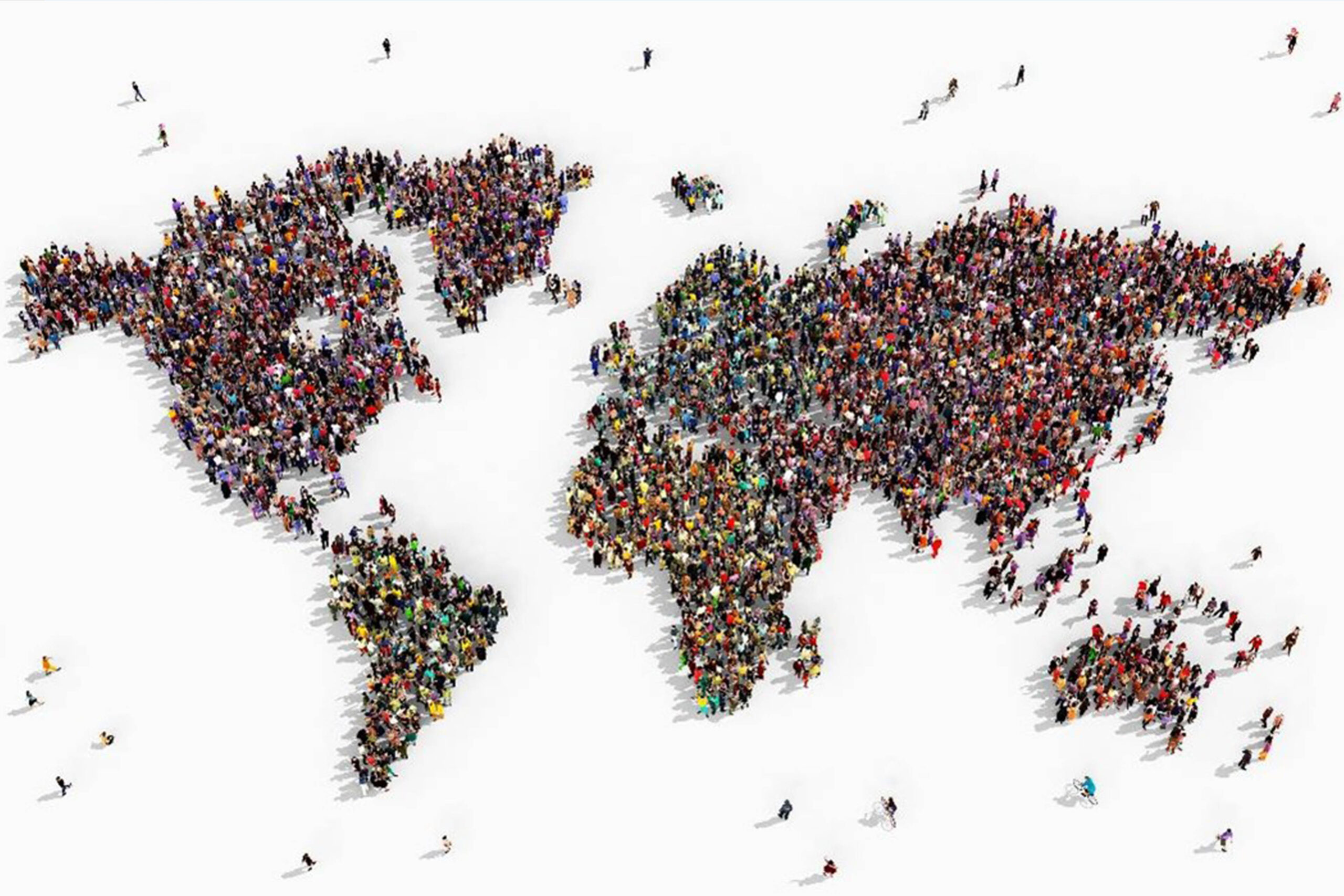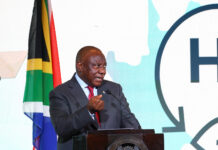Can we convert 2020 from being a ‘lost year’ to a ‘turnaround year’ for the sake of humanity?
Many of us would want 2020 to be a blur of memory while history would record it with more clarity as a turning point in human civilisation; one where life as we knew it dissolved and liquefied and the COVID-19 outbreak showed that our species was definitely not sitting comfortably atop the evolutionary peak. And given its prolonged spell, the tiny microbe — foxing us by mutating itself and resisting all our efforts to tame it — has for the first time made us uncertain about the future, something that has been shaping our horizon, helping us plot the roadmap of our lives. Now, with our lives changing every moment, there’s certainly nothing to work towards or a predictive compass to guide us. And it is this absence of a future that is our greatest loss this year, making us look more fragile than the virus has made us feel, claiming millions of lives. And the losses have been on many fronts. First, the loss of people — from scientists, virologists, doctors, celebrities, the rich and the poor, to all the people we loved around us. We lost extraordinary talent, mourned those who still hadn’t done their time, cried for those who had no reason to leave so early and left much work unfinished. Humanity has been hollowed out with a severity that has not left a single person unhurt. The second loss has been that of livelihood, be it through job and salary cuts, the closure of businesses and sunrise sectors of the economy shutting down. Never in our experienced history have we felt so economically disempowered, or helpless about continuing life without resources. The third obvious loss, therefore, has been that of a ritualised lifestyle that we had built up around ourselves on aspiration and which we fuelled with our ambitions. The forced break on travels, celebrations, gatherings and parties has meant the loss of social communion as we experienced and defined it. A year of denial has meant the loss of conspicuous consumption, something which we used to announce our self-worth with in society.
Perhaps these losses have confirmed our worst failures as human beings and provided an opportunity to not just improve ourselves but rebuild a more compassionate, shared and equitable future. Even reset the template with the best version of ourselves and making the right choices. That is how we will make good our losses and convert 2020 from being a “lost year” to a “turnaround year” for humanity. It might appear high-sounding but we have to go back to basic values and altruistic living and, given our uncertain life spans, fill the time we have now with meaningful pursuits. Of course, it is difficult to overturn the politics of convention and power play. There is too much focus on returning to our pre-pandemic ways by overtly depending on the vaccine to defeat the virus and reclaim our lives. But the emergence of a recent deadlier strain has shown that we need more and that old selfish mindsets and self-serving attitudes simply won’t work anymore. We must become our own hope to silence the virus. For that is forcing us to look inward and value our families and the communities around us. Making us realise that an experiential indulgence of the senses is no substitute for the emotions of fulfilling relationships. Where a shared chore, a mundane task or running an errand seems exciting and less of a drudgery. Where the satisfaction of a job well done and moments well lived, no matter how small or insignificant, settles deep inside us. And where the honesty of what we really are can lift the haze around us. That would dissolve the fear of the virus. Yes, 2020 has been a great disruptor. The question is can we make 2021 a great creator of human gains?





























